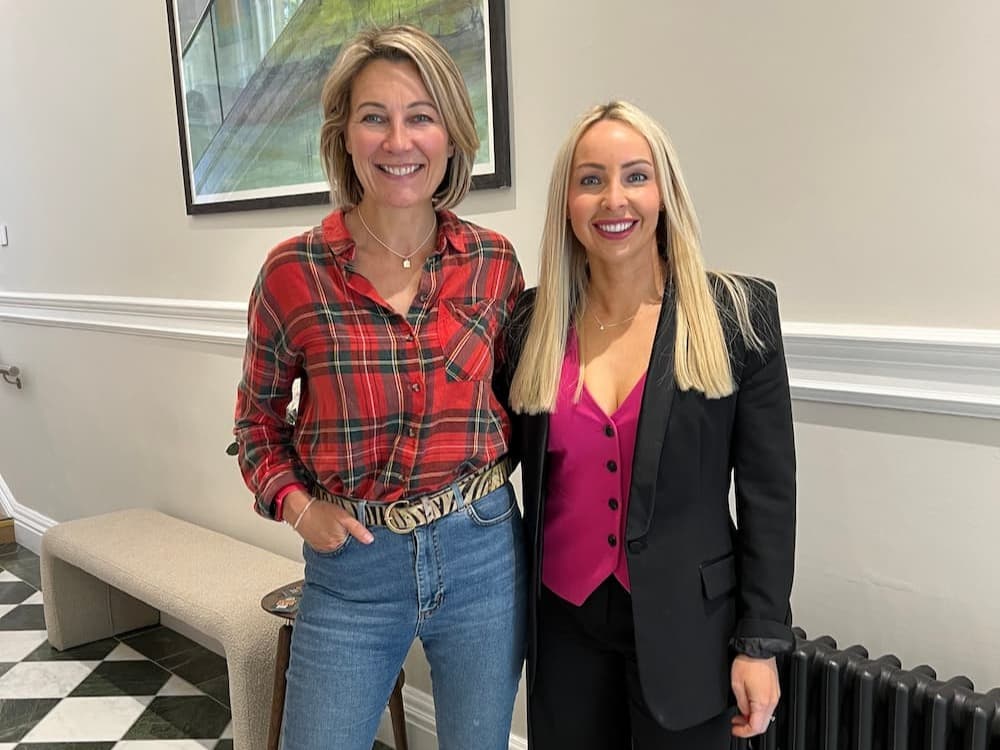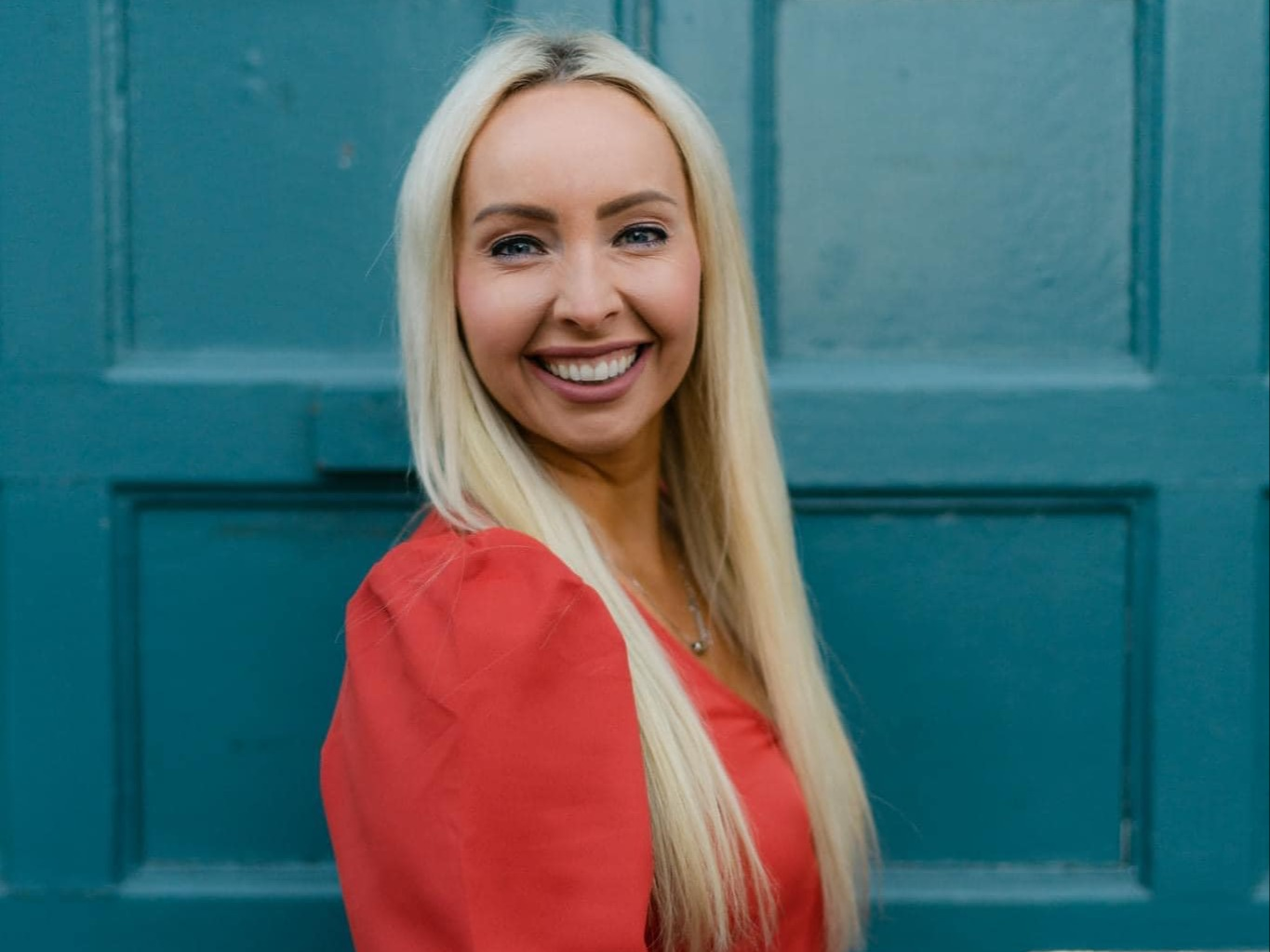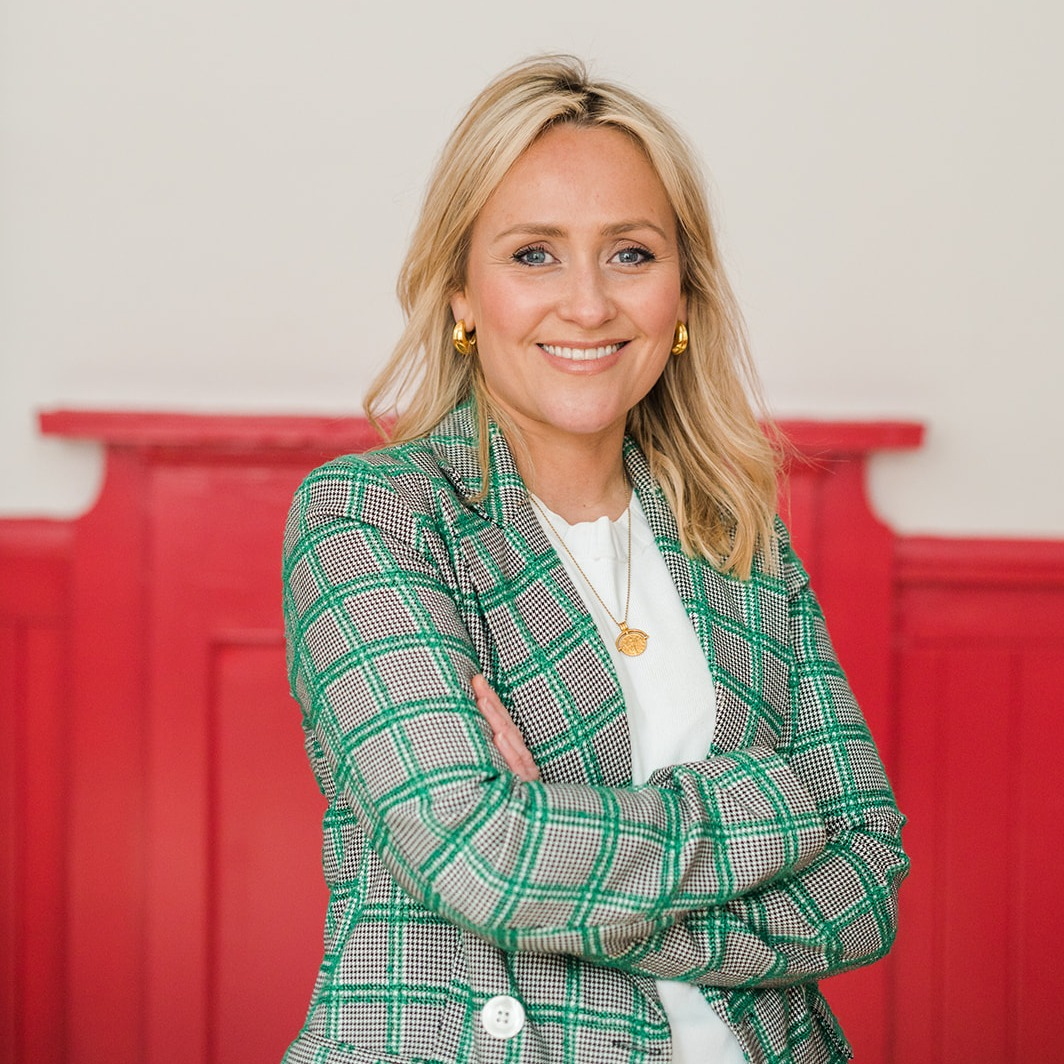Need to arrange a mortgage but not sure where to begin? Whether you're buying your first home, moving up the ladder or self-employed and trying to remortgage in a shifting market, having the right advice can make all the difference. That’s where Lynsey McMenemy comes in.
Founder of Hansar Mortgages, Lynsey knows the mortgage world inside out. Born and raised in Edinburgh, she brings over 20 years of hands-on experience across every corner of the property industry. She’s worked in banks, estate agencies, lettings and major property portals including Zoopla.
But it was during lockdown, while juggling homeschooling her three children, that Lynsey had her lightbulb moment. In 2021, she founded Hansar Mortgages to fill what she saw as a genuine gap in the market: providing clients with truly bespoke mortgage advice delivered with the very best customer care.

We caught up with Lynsey to answer some of the most common (and often confusing) mortgage questions and to get her straight-talking advice on what buyers and homeowners really need to know.
Can you get a mortgage if you’re self-employed or have irregular income?
Yes, absolutely. In the past, this used to be tricky but lenders have definitely relaxed their criteria over recent years. Some high-street lenders will now accept just one year’s accounts, which is a big shift. Most still prefer two years of accounts, but if you’ve only been trading for a year, you still have options.
We also help a lot of contractors especially in Edinburgh, where many work on fixed-term contracts for the Scottish Government or universities. The key is knowing which lenders are flexible for your type of income. For example, TSB will consider probationary teachers, even if they haven’t secured a permanent role yet. Most others won’t.
As soon as you tell me your profession and situation, I’m already thinking of the right lender match. That’s where insider knowledge really makes a difference.
What’s the difference between a tracker mortgage and a fixed mortgage?
A fixed-rate mortgage means that you tie in for typically either a 2 or 5 year product. You know exactly what you’ll pay each month, but there’s not a lot of flexibility. You can usually only overpay by 10% per annum without penalties.
A tracker mortgage, on the other hand, follows the Bank of England base rate. So, it can go up or down. That makes it a bit more unpredictable, but also more flexible. For example, if you’re planning to sell a home later, expect a lump sum (from a pension or inheritance), or think you might move house soon, a tracker might be ideal. Most of them have no early repayment charges, so you’re not locked in if your plans change.
What’s the benefit of using a mortgage advisor instead of going straight to a bank?
There are lots of advantages. Banks can only offer you their own products, and they each have different lending criterianot just based on you, but also the property itself. A bank might decline your application without clearly explaining why. I had a client declined by Barclays for needing a 15% deposit on a flat priced over £350,000 but we got her an offer from Santander in just three days.
Another big factor is borrowing power. Different lenders will offer different maximum amounts, and the difference can be significant - up to £70,000 more in some cases. So, if one bank says “no,” it doesn’t mean another won’t say “yes.”
Most importantly, I take the stress away. You don’t need to spend hours on hold or book multiple appointments. I handle it all. If anything changes, we’ve got a Plan B ready, and most of my first-time clients tell me, “I’ll never do this without a broker again.”

If interest rates drop before I complete, can I get a better deal?
Yes, and that’s something many people don’t realise. If you go directly to a lender, they won’t tell you if rates drop before completion. But if you’re working with a broker, we get notified automatically. I can switch you to the better rate before you complete, often without restarting the application.
Some of my clients have already had two or three reductions before even completing. Even if it’s £20 a month less, over a five-year term, that adds up.
Top tip for first-time buyers?
Have your ducks in a row and be organised. Get your Decision in Principle ready and know exactly what you can borrow. Just as importantly, understand what your monthly repayments will be - just because you’re allowed to borrow a certain amount doesn’t mean you want or can afford to be spending that on the mortgage each month.
We’ll walk you through the full picture, from monthly costs to how the buying process works in Scotland (like offering over the home report and how it affects you). And we’re there for the whole journey, with solicitor recommendations and expert guidance along the way.
Top tip for people looking to remortgage?
Use a broker so we can manage it for you. We’ll look at what your current lender is offering and compare it with the whole of the market. Sometimes it makes sense to switch, even for a modest saving. A £20 monthly saving over five years adds up.
Also, most lenders cover your legal fees when you remortgage, so the switch is often easier and cheaper than you’d expect.
Edinburgh-based Hansar are an egg business member. They provide whole of market mortgage advice and can examine an extensive range of lenders on your behalf. egg members receive £50 off mortgage fees.






